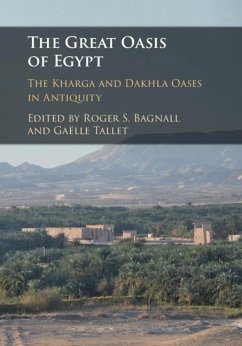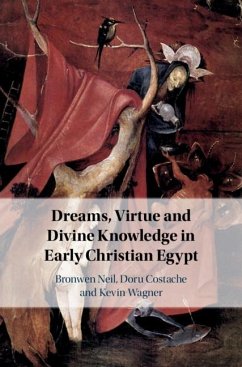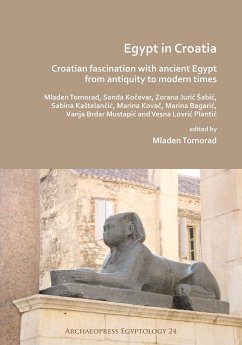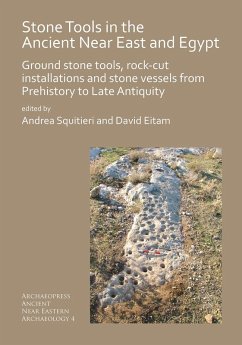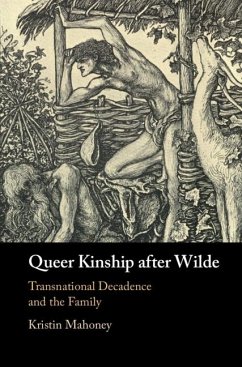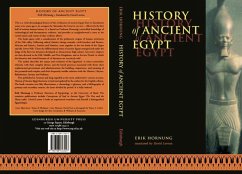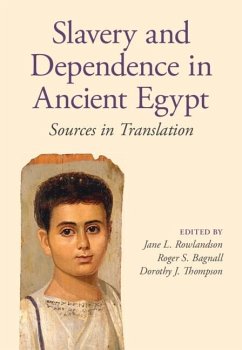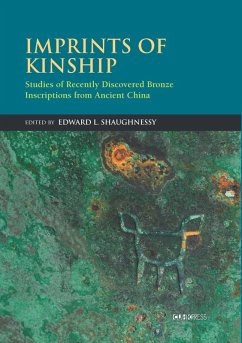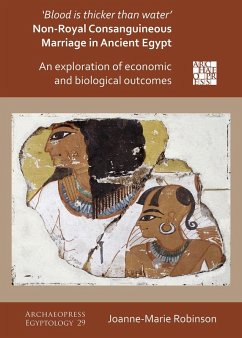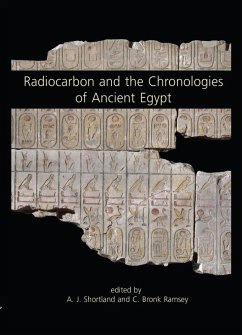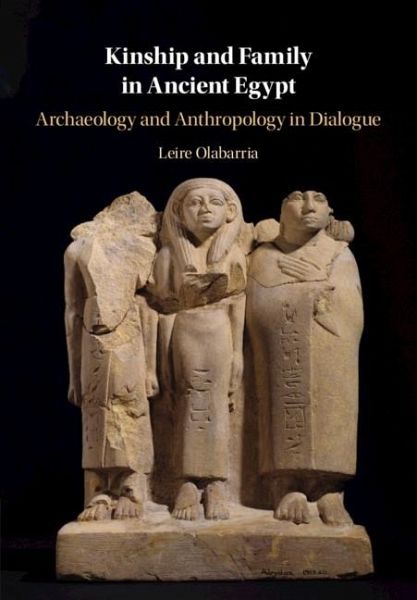
Kinship and Family in Ancient Egypt (eBook, PDF)
Archaeology and Anthropology in Dialogue
Versandkostenfrei!
Sofort per Download lieferbar
121,99 €
inkl. MwSt.
Weitere Ausgaben:

PAYBACK Punkte
61 °P sammeln!
In this interdisciplinary study, Leire Olabarria examines ancient Egyptian society through the notion of kinship. Drawing on methods from archaeology and sociocultural anthropology, she provides an emic characterisation of ancient kinship that relies on performative aspects of social interaction. Olabarria uses memorial stelae of the First Intermediate Period and the Middle Kingdom (ca.2150-1650 BCE) as her primary evidence. Contextualising these monuments within their social and physical landscapes, she proposes a dynamic way to explore kin groups through sources that have been considered sta...
In this interdisciplinary study, Leire Olabarria examines ancient Egyptian society through the notion of kinship. Drawing on methods from archaeology and sociocultural anthropology, she provides an emic characterisation of ancient kinship that relies on performative aspects of social interaction. Olabarria uses memorial stelae of the First Intermediate Period and the Middle Kingdom (ca.2150-1650 BCE) as her primary evidence. Contextualising these monuments within their social and physical landscapes, she proposes a dynamic way to explore kin groups through sources that have been considered static. The volume offers three case studies of kin groups at the beginning, peak, and decline of their developmental cycles respectively. They demonstrate how ancient Egyptian evidence can be used for cross-cultural comparison of key anthropological topics, such as group formation, patronage, and rites of passage.
Dieser Download kann aus rechtlichen Gründen nur mit Rechnungsadresse in A, B, BG, CY, CZ, D, DK, EW, E, FIN, F, GR, HR, H, IRL, I, LT, L, LR, M, NL, PL, P, R, S, SLO, SK ausgeliefert werden.




